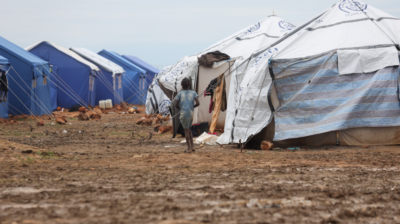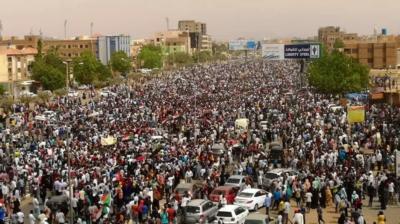Implementing migration policies in Ghana: navigating externalization and local realities
This analysis delves into the web of actors and processes involved in implementing migration policy in Ghana. Drawing on semi-structured interviews with practitioners and bureaucrats, I uncover the political tensions that emerge at the intersection between externally driven policies and local realities. It becomes clear that institutional power hierarchies and funding structures influence the on-the-ground execution of policies, while this also leads to policy resistance. The analysis pinpoints three key challenges of migration policy implementation in Ghana, including incoherent narratives on policy and migration, exclusion of local stakeholders from policy design, and continuous mismatch between externalized policy objectives and local realities.
This popular article draws on the peer-reviewed article:
(2024). The politics of migration policy implementation in Ghana. Governance, 1–18. https://doi.org/10.1111/gove.12848











